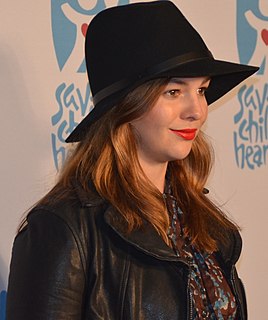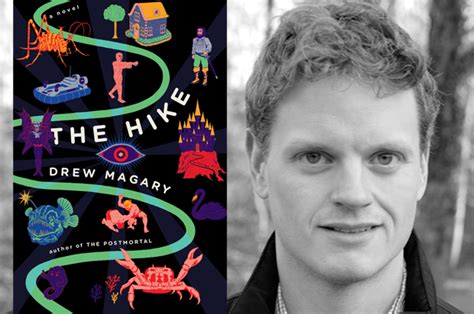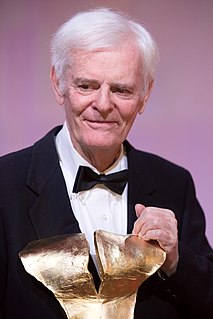A Quote by Cole Sprouse
It's no new narrative to say that when people get out of child stardom, they oftentimes rebel in very serious ways.
Related Quotes
I love musicals but it's very, very different. It's really just a different form than serious drama, and has very different rules and a completely different set of characters and requirements and ambitions. It maybe shouldn't be as separate as it is, but it's got a different history. In terms of serious drama, I think you'd have to say that you could break it down essentially into the narrative realist tradition and experimental theater.
I found that life for me gets a lot more serious as you get older. You start off young and happy and smiling and "Wooo! I'm having fun!" And then you get married, and that's very serious, and you have kids, and that's very, very serious. So as you get older, you start thinking about passing away, and that becomes extremely serious.
For queer people, the personal is very political, just to talk about it in a public space. It's very political just to come out and take up that space and be like, 'This is my narrative. It's not an outsider narrative, and it's not a fetish narrative; it's just my story, and it's worth being told and listened to.'
It's very easy, when things like the gay marriage write-in happen, to get sick of how people view language and say, "ah, come on it's just a dictionary." But then you hear from people who say if you take out "retarded" it won't exist anymore, and there will be no slurs for people to call my child. And that's just heartrending.
I'm gonna say this and I really mean it - I'm very thankful that I'm not a huge star. I've all the stardom and celebrity that I can handle. But I also have peace and quiet. I am left alone. And I am not recognized everywhere I go and it's perfect. I can come and fill the theatres and I get on stage ... people say: "Well, oh yeah, that must be him," you know?



































